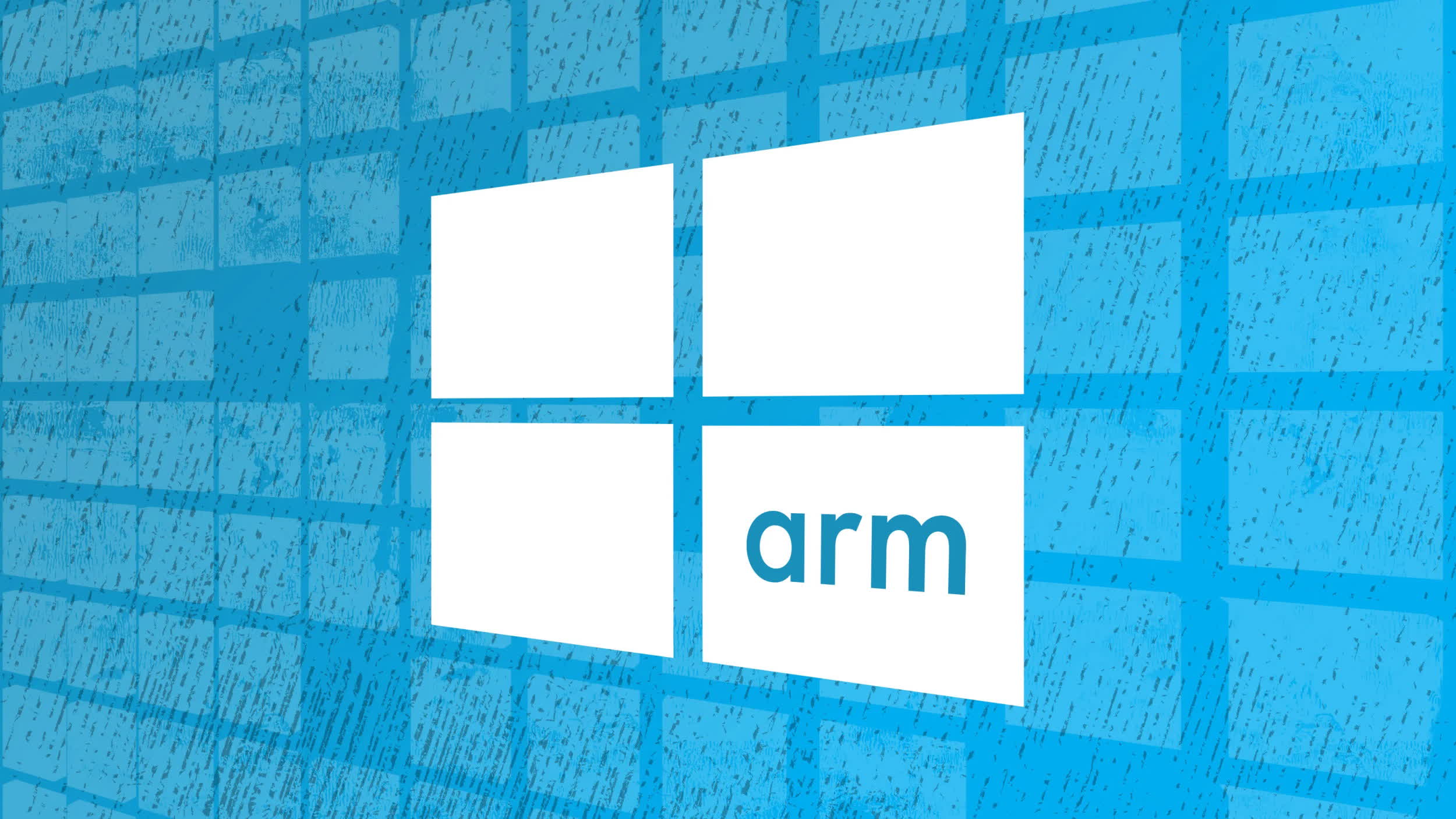In a nutshell: The Windows 11 24H2 upgrade will include a substantial overhaul designed to ease the transition between x86 and Arm architectures. According to Microsoft, a new, powerful x86 emulator will significantly improve the performance of "legacy" applications.
The newly announced Copilot+ PCs aren't Microsoft's first foray into the Arm CPU architecture, but they are certainly the company's most serious attempt at finally unshackling Windows from its historical reliance on the x86-64 ISA. Even for users who do not want (or cannot) abandon the "Wintel" paradigm, Microsoft is offering a new technology designed to improve compatibility between Arm chips and x86 programs.
The Windows 11 24H2 upgrade will be optimized for systems based on the Snapdragon X Elite SoC. The operating system will now include a technology called Prism, which Microsoft describes as a "powerful" new emulator created to run emulated applications as fast as possible. The company stated that Prism isn't just a rebranding of the old translation layer included in previous Windows versions; it will provide a significant performance boost on both old and new Arm systems.
Prism will make emulated (x86) software run 10 to 20 percent faster on the same Arm-based hardware, providing significant benefits similar to the way Apple's Rosetta 2 translation technology helped users after the switch to Apple Silicon machines. Prism will also improve overall x86 compatibility with Arm SoCs, although Microsoft provided no specific details on this aspect.

Redmond wants PC users to fully embrace the new AI world enabled by Snapdragon X Elite systems and their powerful embedded NPUs, and believes a properly designed x86 emulator will be an essential component for the new Arm edition of Windows. However, PC gamers should probably temper their expectations and stick with the traditional x86 architecture for the time being.
Microsoft also explained that Prism emulation will only benefit a minority of PC users, as 87 percent of "total app minutes" are spent using software with a properly native version for Arm chips. The company now offers more Arm64 native experiences "than ever before," with fast implementations of popular applications including Teams, PowerPoint, Outlook, Office productivity tools, and more.
Third-party companies are also bringing their major x86 products to Arm, starting with Adobe (Photoshop, Lightroom), Blender, video editor DaVinci Resolve, and many more. Popular browsers such as Mozilla Firefox, Opera, and Chrome also have their own Arm counterparts now, giving the "Windows on Arm" dream a concrete chance at succeeding this time around.
